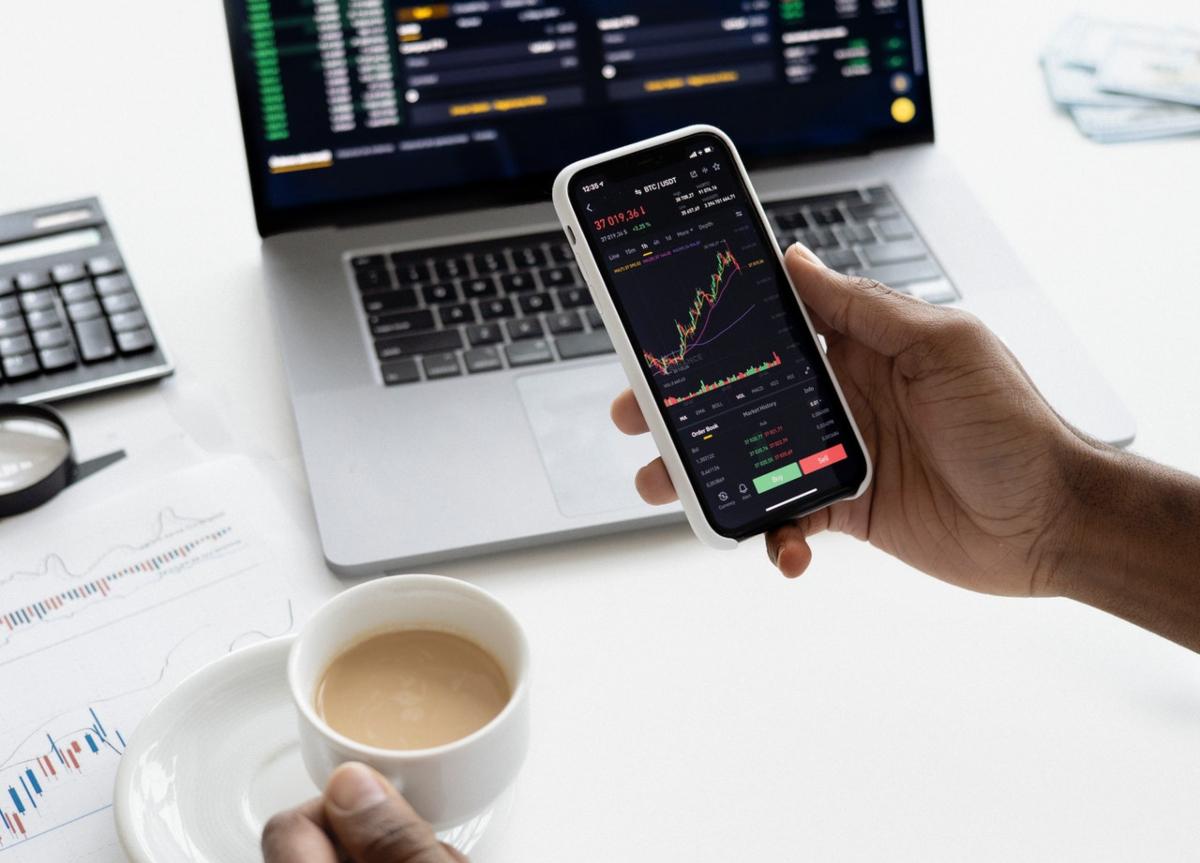Some Platforms Already Allow 24-Hour Trading, Chorus Grows for Parity
Robinhood has extended its after-hours trading and has plans to offer stock trading 24/7. Do any other platforms allow 24-hour trading?
April 4 2022, Published 8:42 a.m. ET
Robinhood has announced that it will let users trade between 7:00 a.m. ET and 8:00 p.m. ET. The company has extended the pre-market and post-market trading hours on its platform and plans to offer stock trading 24/7 eventually. Do any other platforms allow 24-hour trading?
The U.S. stock markets open for regular trading at 9:30 a.m. ET and close at 4:00 p.m. ET on all working days. However, traders can still trade in extended hours before and after the regular hours.
24 Exchange is looking to bring 24/7 trading.
24 Exchange, a startup founded by Dmitri Galinov, has filed with the SEC to allow 24/7 trading in U.S. stock markets. The company is backed by billionaire hedge fund manager Stephen Cohen and was founded in 2020.
Galinov is optimistic that the SEC will allow 24/7 trading in stocks and hopes that approval could come as soon as 2022. However, so far, the SEC hasn’t approved the proposal. The SEC website lists several risks associated with trading in extended hours.
What risks are associated with after-hours trading?
While admitting that “after-hours trading presents investing opportunities,” the SEC also highlighted several risks. The risks include:
- Low liquidity in after-hours trading and the resultant high spread
- Uncertainty and higher fluctuations in prices
- The availability of only limit orders
- Unfair competition from professional and institutional investors who have access to better information
However, the comments were uploaded in 2008. The world has come a long way since then and many assets, especially cryptos, now trade 24/7. Galinov pointed out that in crypto markets, nearly a third of trades happen outside the regular hours while the corresponding figure in stocks is just about 4 percent.
Some platforms let investors trade for 24 hours.
Some platforms do let you trade for 24 hours. For example, Thinkorswim trading platform lets users trade 24 hours a day during the week. The platform only allows 24 securities right now and all of them are ETFs. They include SPY, QQQ, IWM, GLD, and FXI. The company intends to add more securities over time, but the selection is narrow currently and trading isn't available on the weekends.
IG also allows weekend trading on the U.S. and some global indices. Binary.com lets users trade in binary options on synthetic indices on the weekends.
However, binary options and CFDs (contract for difference) are complex derivative instruments that are riskier compared to stocks. Combining these derivatives with after-hours trading, which by itself is riskier than regular trading, makes the overall proposition risky.
What’s the argument for 24/7 stock trading?
The key argument for 24/7 stock market trading is parity since many assets, especially cryptos, trade throughout the day. Also, 24-hour stock trading would be convenient for traders who can't trade during regular market hours. 24/7 trading would also lead to better efficiency since prices could react to news as soon as it's public.
However, the SEC is concerned about the higher risks with trading beyond regular hours. The agency might need to put better checks and balances in place if it works towards allowing 24/7 trading in stocks. Also, concerns about traders' mental health will be taken into consideration. They might get hooked to screens for even more hours if 24/7 trading is available.



